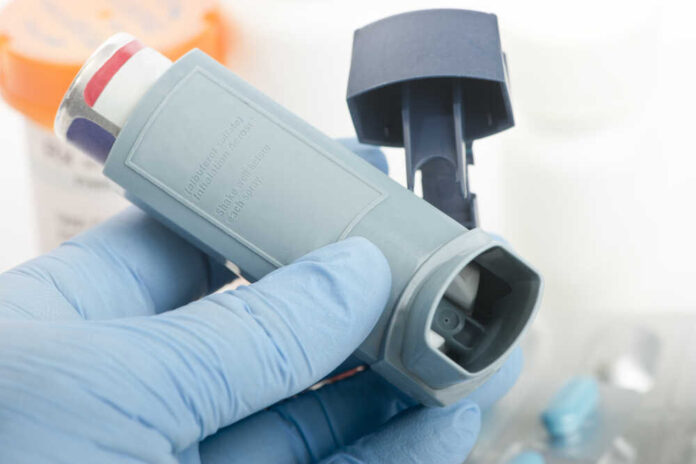
Nationwide supply chain issues are exacerbating the ongoing shortage of albuterol, a bronchodilator commonly used to treat asthma and other respiratory issues. The problem was compounded last week when Akorn Operating Company LLC, the only company in the world that made certain products necessary for continuous nebulizer treatment, shut down operations after filing for Chapter 11 bankruptcy in 2020.
The shutdown has left only one domestic supplier of liquid albuterol, Nephron Pharmaceuticals. Its supply has been on backorder for weeks. Although Nephron began shipping orders last week, hospitals are already conserving doses of albuterol for patients who need it more acutely. Concerns are mounting that patient health and lives may be impacted if the shortage continues.
Albuterol shortage to worsen
Akorn shut down its US operations on Thursday, including facilities in IL, NJ & NY
Only one domestic US supplier of liquid albuterol used in nebulizers to treat asthma, RSV, etc.
FDA has had the medicine on its shortage list since last fall https://t.co/BS5kHBwWAg pic.twitter.com/O47aCjX1iZ
— Prodigal (@ProdigalThe3rd) March 2, 2023
Hospitals are struggling to find alternatives, and some have had to resort to compounding the product themselves or going to outside third-party sources. The most acute crunch has been the mixing solutions for the nebulizer machines used by hospitals, not the inhalers themselves.
Dr. Eryn Piper, a clinical pharmacist at Children’s Hospital of New Orleans, noted that the inhalation solutions are vital to treating respiratory conditions. According to Piper, “The big problem we’ve been hearing about is inhalation solutions, not really the inhalers, it’s more like the solutions that go into the nebulizer machines for inhalation that the patients breathe in.”
The shutdown of Akorn has affected not only the supply of albuterol but also the supply chain of other related medications. For example, the American Society of Health-System Pharmacists reported that liquid albuterol has been in short supply since last summer and has been included on the FDA’s shortage list since last October.
Chicago-based Dr. Juanita Mora, who serves as a volunteer spokesperson for the American Lung Association warned that the production shutdown comes at a seasonally difficult time. “This is a life-saving drug, and being able to breathe is vital for everyone,” she said, adding, “The supply shortage is occurring as the U.S. enters spring allergy season, which means a higher demand for asthma medications.”
While reports indicate that the shortages are not anticipated to be permanent and that production contingency plans are expected to resolve the situation later this year, Jessica Daley, the group vice president of strategic sourcing for Premier, said that when the market has very few producers, “it makes for a very tight market, a very concerning market right now.”
Hospitals are closely monitoring their current stock and anticipating that they may have to delay discharging patients because of insufficient medicine or see more patients with immediate breathing problems through ER visits.



























